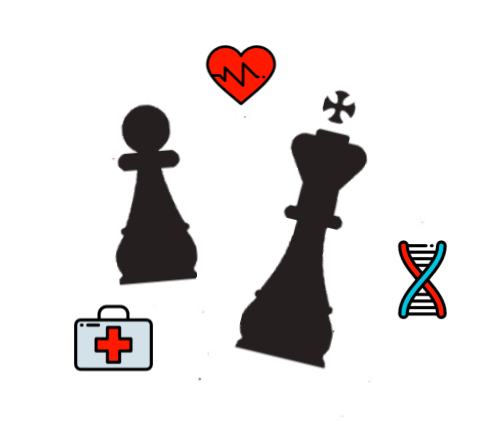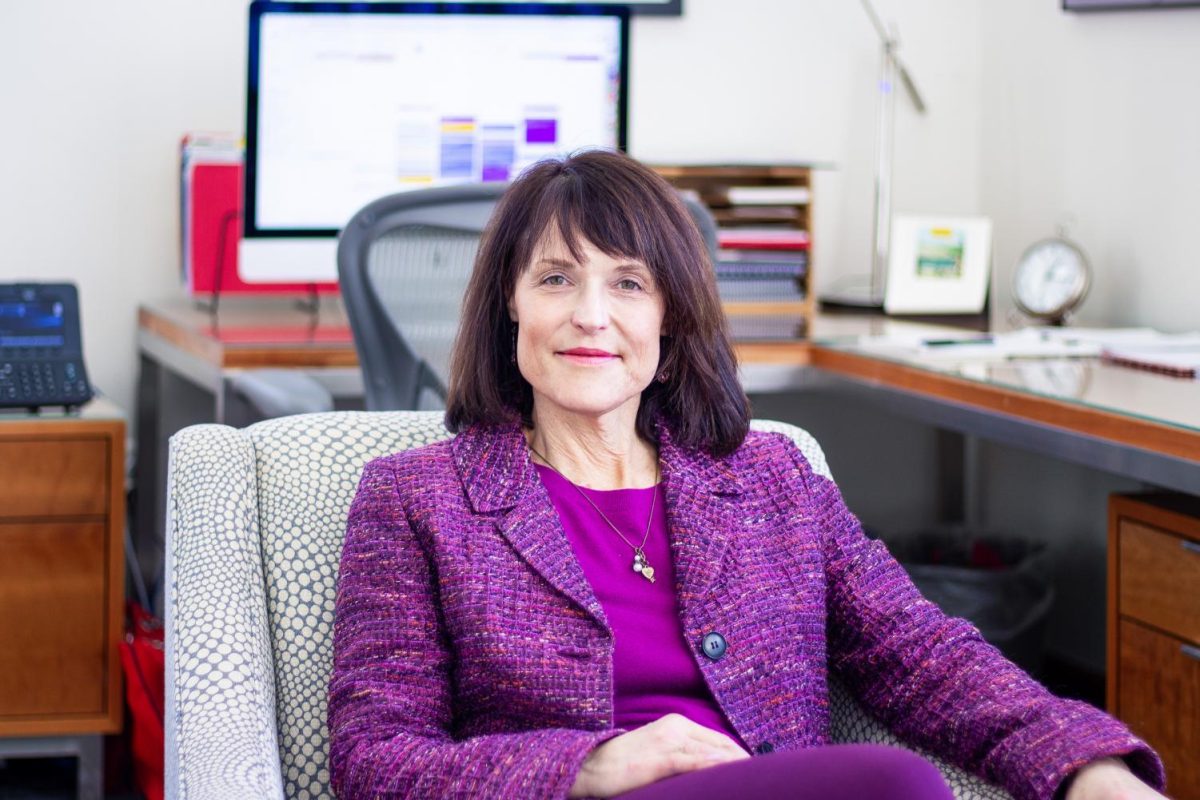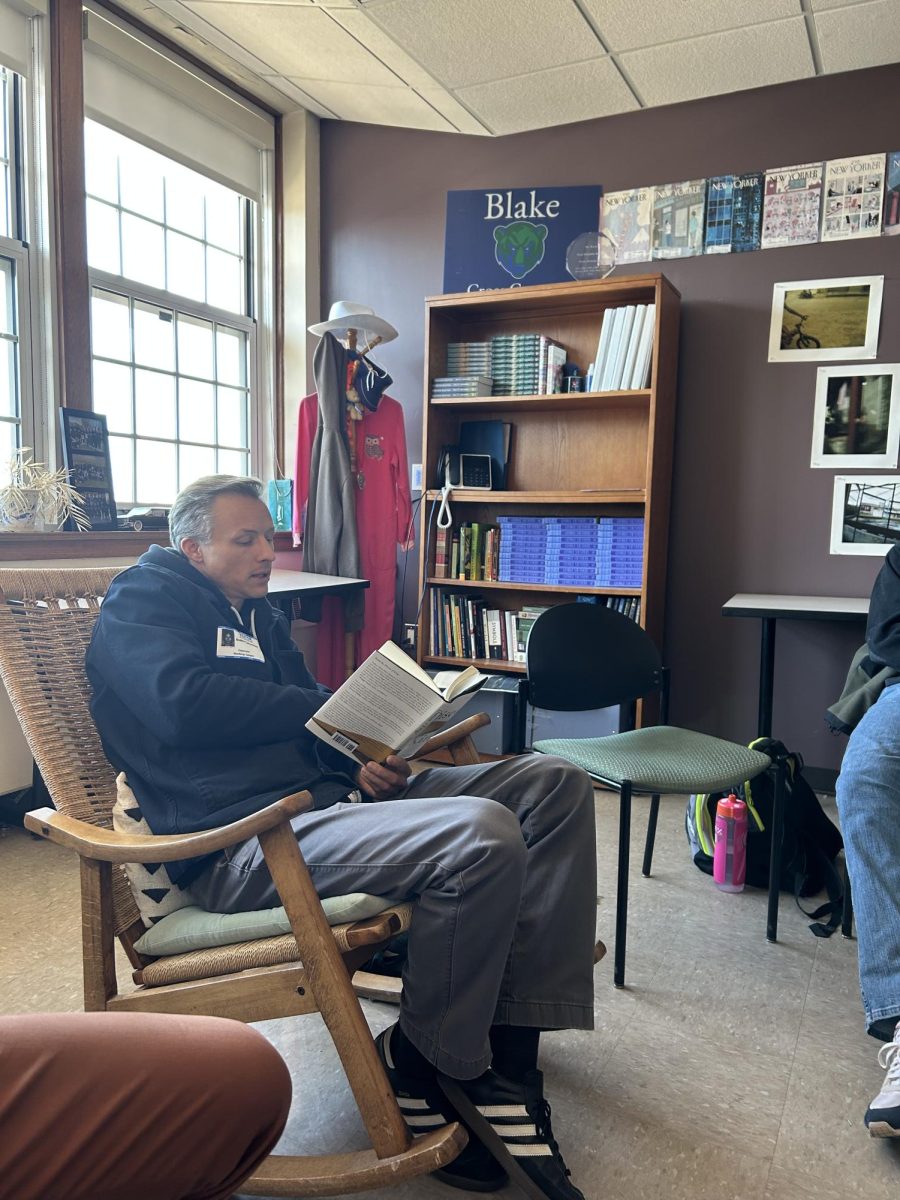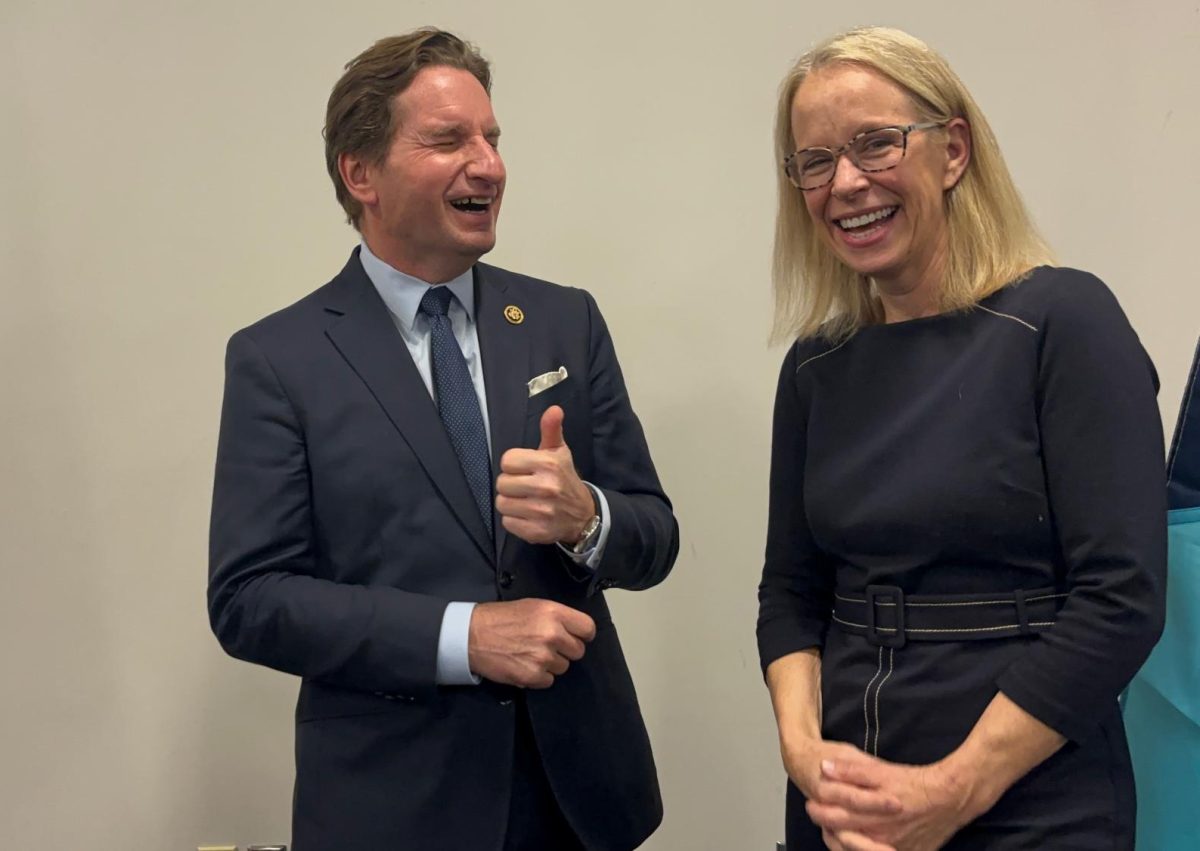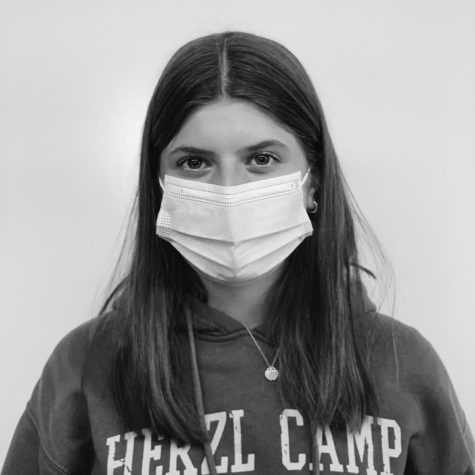Although new clubs are facing unique obstacles in gaining student engagement during remote learning, students have persevered and built successful student organizations this school year.
Chess club was started approximately one month ago, when students Samrat Pradhan ‘21 and Tyler May ‘21, who enjoyed playing chess in the senior lounge, organized a way for students to come together and play online. Despite the virtual format, May explains that it was easy to create their club proposal and have it chartered by Forum, and Ingrid Vorbrich ‘22, who recently initiated the Health Care Club, agreed.
When Vorbrich realized that Blake did not have a club for students specifically interested in the medical field, she decided to create an opportunity to help students better understand the many paths within health care. She states, “We’re at Blake, which has the fortune of having doctors all around us, and quite good doctors at that. I just thought that we should take advantage of that and be able to talk to these people and hear more about their experiences so we can be more exposed and make a more educated decision as we go on in our educational careers [about] what we want to do.”
In speaking to the adjustment to a virtual format for Chess Club, Pradhan says, “It was always online, but it’s a little different because if it was in person, we would probably have a bunch of chess boards and play games in real life.” The club used a website from the start, making it easy to facilitate virtually. The club gained engagement via Veracross, emails to the student body, and word of mouth, but May and Pradhan said that virtual learning has made it harder to promote, especially because they are not in touch with as many people from home.
The transition online has influenced the Health Care Club as well, as Vorbrich explains, “I knew a list of people who I thought would be interested in it… but it was quite more formal and less interactive than I think it could have been if I had been able to meet with them face to face.” She continues, “Not having [guest speakers] be able to stop in and to stay after if you have questions, it’s going to be a lot more one-sided, which is okay. It’s a format that works, [but] it is going to be a little less personal.”
Although, it will be easier to bring in a wide variety of guest speakers because the club is all happening virtually. Vorbrich says, “There is more availability because they don’t have to drive and come in and all of that, so online helps.” During remote learning, the Health Care Club will meet on Thursdays at 1:30 pm and tutorial for about forty minutes. Vorbrich says that it is pretty casual, and “a way for you to get to know the medical industry.” From the insurance and business side of medicine to medical researchers, dentists, and nurses, there will be plenty of opportunities to gain perspective and insight.
Chess Club happens every weekday from 2-3 pm, and anyone is welcome to join. May states, “It’s an extremely laid-back club, there’s no pressure to attend anything… basically you’re in a group chat with other people who like to play chess with completely different backgrounds and skill levels.” In terms of chess experience, Pradhan says, “We have a really broad membership.” The club leaders all expressed excitement about their capabilities and capacity to engage students in spite of the virtual format.

